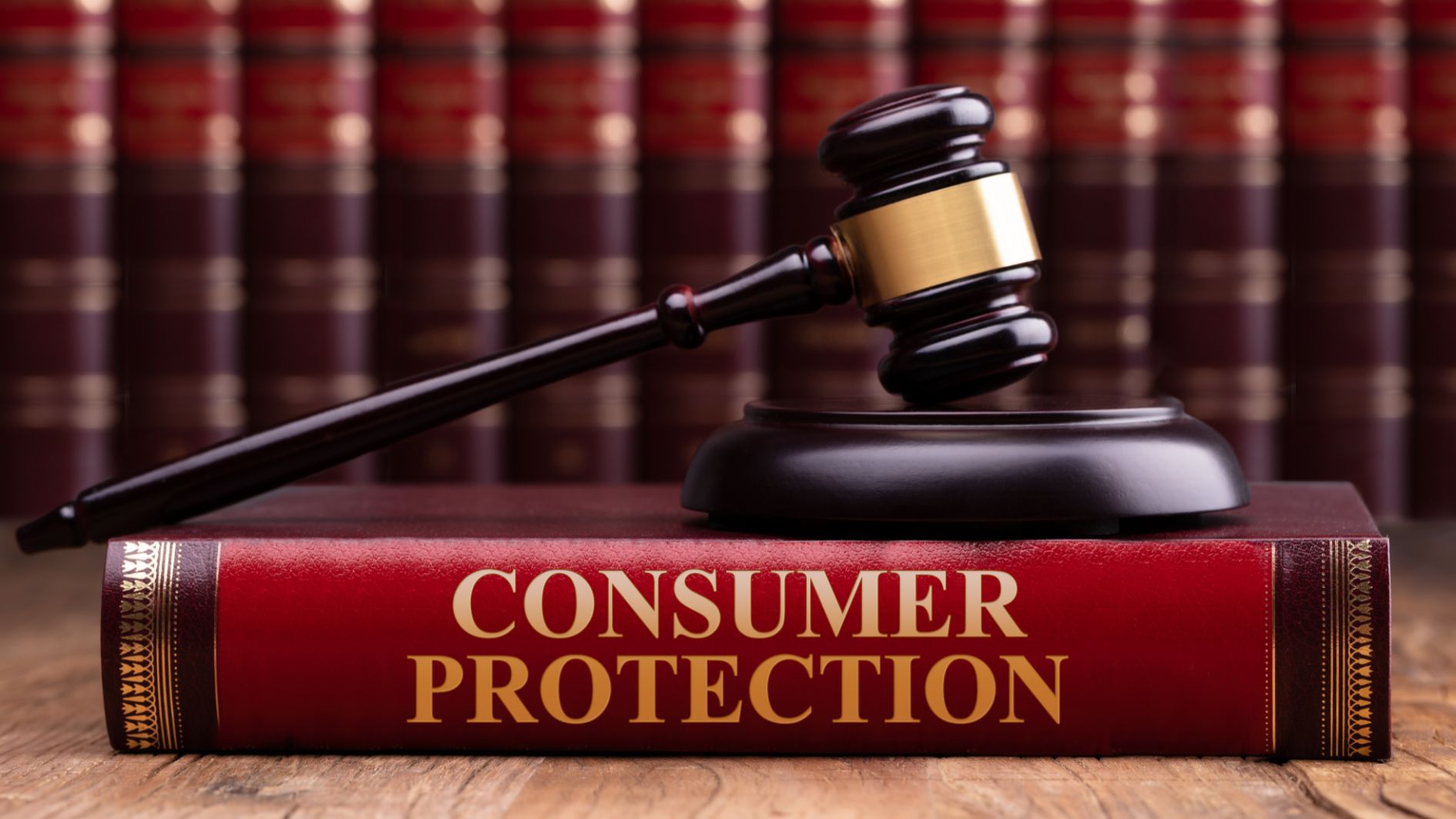Image source: Canva.com
The solar energy boom brings environmental benefits and energy cost savings, but it also attracts predatory practices targeting unsuspecting consumers. Recognizing this, Washington State has implemented the Washington Solar Consumer Protection Act to safeguard homeowners and businesses from deceptive solar sales tactics and to ensure transparent, fair dealings in the solar market.
Key Provisions of the Act
The Act establishes a robust framework of best practices for solar installers and salespeople, aimed at supporting consumers in making informed decisions about their solar investments. Here are some key highlights:
1. Transparent and Honest Marketing

The Act prohibits deceptive statements about the costs, financing, terms, or conditions of solar energy system installations. Any form of solicitation, whether through door-to-door contact, phone calls, flyers, or online ads, must adhere to these honesty standards.
2. Licensing Requirements

Entities engaging in the installation, repair, replacement, or maintenance of solar energy systems costing more than $1,000 must be appropriately licensed. This ensures that only qualified professionals handle solar projects, safeguarding both the quality and safety of installations.
3. Detailed Contracts

All contracts must be in writing and include comprehensive details:
- An itemized list of work to be performed.
- Any necessary electrical or utility equipment upgrades.
- Financing terms, including interest rates and payment schedules.
- Specifics on major system components, warranties, and maintenance requirements.
4. Consumer Rights and Protections

Customers have the right to cancel the contract within three business days of signing, and if they do, the contractor must terminate any security interest or lien within 20 days. Contracts must also clearly outline the customer’s responsibilities and potential future costs, such as those related to roof repairs if the solar system is installed on the roof.
5. Disclosure of Financial Arrangements

The Act requires full transparency regarding any payments made to lenders or third-party financing companies. This includes dealer fees or inducements to secure financing, ensuring that consumers understand all financial aspects of their solar purchase.
6. Utility Notifications and Responsibilities

Contractors must notify the relevant electric utility of any equipment or design changes during the installation. They are also responsible for obtaining the necessary permissions to operate the system from the utility.
7. Projection and Performance Transparency

Contractors must provide realistic annual production projections for the solar system, based on site-specific factors. They must also estimate the expected electric bill savings for the first year after installation.
8. Liability and Accountability

If a contractor or salesperson fails to comply with the Act’s requirements, they are liable for any actual damages incurred by the customer. This extends to entities that purchase or are assigned solar installation contracts, ensuring accountability throughout the transaction chain.
The Impact on Consumers
The Washington Solar Consumer Protection Act aims to foster a fair and transparent market for solar energy systems. By imposing stringent requirements on solar contractors and salespeople, the Act protects consumers from predatory practices and ensures they receive accurate information and quality service.
For homeowners and businesses, this means greater confidence in their solar investments and the potential for substantial long-term savings on energy costs. The Act also encourages the adoption of solar energy by creating a more trustworthy marketplace, contributing to Washington’s environmental and sustainability goals.
In essence, the Washington Solar Consumer Protection Act is a significant step toward empowering consumers, promoting ethical business practices, and supporting the growth of the solar industry in a responsible manner.





